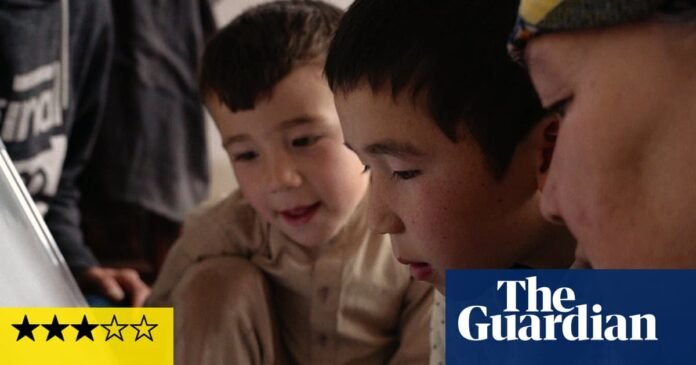Shot in Afghanistan shortly before the 2021 Taliban takeover, Najiba Noori’s thought-provoking debut juxtaposes the private transformation of a woman with the public unravelling of the nation. At age 13, Noori’s mother, Hawa, was married off to a man 30 years her senior. Now with grownup children, she can finally embark on her own mission: to learn how to read and write, and to open her own textile business. Even though supported by her family, Hawa’s hopes and dreams are suffused with melancholy; soon, even more draconian laws will be imposed on Afghan women.
During the calm before the storm, Noori’s roving camera serves as a facilitator for intergenerational dialogue. With stunning candour, Hawa speaks of her unhappy married life, and her past desire to elope with another man. In a painful twist of fate, the cycle continues with Zahra, Hawa’s granddaughter and Noori’s niece. Looking for refuge at the Noori household after running away from her father’s village, her aspiration is to return to her studies. A particularly tender sequence shows Zahra and Hawa sharing the same whiteboard as they practise their spelling. Their happiness is sadly short-lived; with the Taliban closing in, Zahra is sent back to her father’s family for protection. In the end, she is forced into marriage, not unlike Hawa in her youth.
Throughout this touching film, moments of progress and setbacks often collide. Hawa ventures to faraway towns for business research as news of Taliban destruction sweeps across TV screens and radio waves. With women’s freedom of movement under threat, it is astonishing that Noori is able to continue filming in Afghanistan even after she has fled the country, thanks to her brother and co-director Rasul Noori stepping up behind the camera and sending her footage over the internet. While the Noori family are able to reunite in France, the film provides a stark glimpse into the suffering of those left behind, and their uncertain futures.




